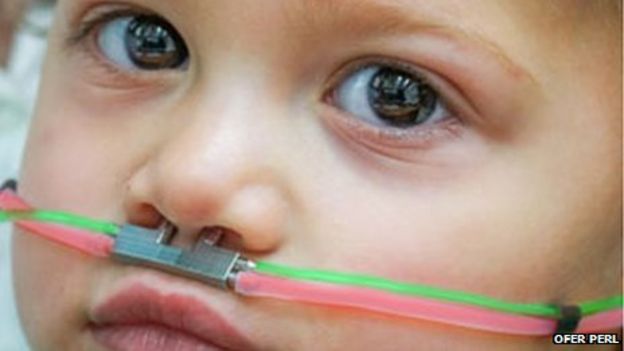Friday, July 17, 2015
Frozen Chicken Recall after 11 Fall to Salmonella Illnesses
If you have frozen chicken in your freezer you need to check now as Aspen Foods orders a massive recall
recall of nearly 2 million pounds of frozen chicken after three people became ill in Minnesota, according to a USDA announcement Wednesday.
Aspen, a Koch Poultry Company division, has ordered a recall of 1,978,680 pounds of frozen, raw, stuffed and breaded chicken, which was produced between April 15 and July 10 with "best if used by" dates between July 14, 2016 and October 10, 2016.
The affected products have the establishment number "P-1358" inside the USDA inspection mark and were shipped across the country.
This follows another recently massive chicken recall by Barber Foods of Portland, Maine, this week which is recalling 1.7 million pounds of frozen chicken because of reports of 8 people became ill with salmonella in Minnesota and Wisconsin.
Eating food that is contaminated with Salmonella can give you a bacterial foodborne illnesses with the following symptoms diarrhea, abdominal cramps, and fever within 12 to 72 hours after exposure. While most recover without treatment, people with weakened immune systems are more likely to develop a severe illness from it.
Last Wednesday, Murry's recalled about 20,000 pounds of Bell & Evans gluten-free breaded chicken breast nuggets due to Staphylococcal enterotoxin contamination.
To check more information about the recall visit USDA's website.
Sunday, July 5, 2015
Sniffing Test That Detects Autism
A new study has found that it may be possible to detect autism in children by measuring their reaction to odors.
According to the National Autistic Society smell test can become another tool to detect autism. Liron Rozenkrantz a researcher said children normally altered the depth of their sniffing to the odors, he added that children with autism didn't show this modulation at all, they took the same sniff for the smell of fragrance as they did for rotten food. Autistic children do not make the distinction of the odor.
The study is published in the journal Current Biology. Researchers timed the reaction of children to pleasant and unpleasant odor, using a device called an olfactometer that gave the subjects different scents through a small tube that fit into nostrils. Another tube measures how much air the children were breathing in as they were exposed to each odor.
The study used a small sample group, that is composed of 36 children, with 18 diagnosed with autism. The children were exposed to smells that includes sour milk, rotten fish, soap and roses. Typically developing children adjusted their sniffing very quickly about 305 milliseconds while children diagnosed with autism reacted much slower.
Subscribe to:
Posts (Atom)

